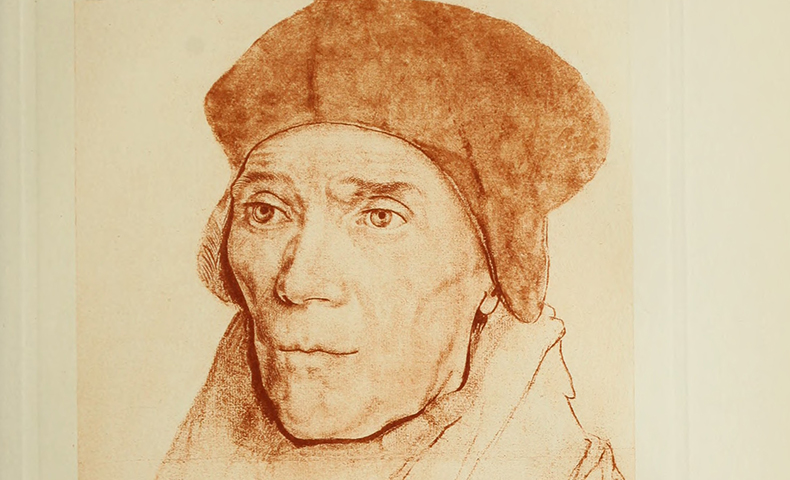San Giovanni Pescatore, Saint of the day for June 23rd

(1469 - June 22, 1535)
The story of San Giovanni pescatore
Giovanni pescatore is usually associated with Erasmus, Tommaso Moro and other Renaissance humanists. His life therefore did not have the external simplicity found in the life of some saints. Rather, he was a man of learning, associated with the intellectuals and political leaders of his day. He was interested in contemporary culture and eventually became chancellor in Cambridge. He had been appointed bishop at 35 and one of his interests was raising the level of preaching in England. Fisher himself was a skilled preacher and writer. His sermons on penitential psalms were reprinted seven times before his death. With the advent of Lutheranism, he was attracted to controversy. His eight books against heresy have given him a leading position among European theologians.
In 1521, Pescarore was asked to study the question of the marriage of King Henry VIII with Catherine of Aragon, his brother's widow. He endured Henry's anger by defending the validity of the king's marriage to Catherine, and later rejecting Henry's claim to be the supreme head of the Church of England.
In an attempt to get rid of him, Henry was first accused of not reporting all the "revelations" of the Kent nun, Elizabeth Barton. In poor health, Fisher was called to take an oath to the new Succession Act. He and Thomas More refused to do so because the Law assumed the legality of Henry's divorce and his claim to be head of the English Church. They were sent to the Tower of London, where Fisher remained 14 months without trial. Eventually both men were sentenced to life imprisonment and loss of property.
When the two were called to further interrogation, they remained silent. Assuming he was speaking privately as a priest, Fisher was deceived into declaring again that the king was not the supreme head of the church in England. The king, further angered that the pope had made John Fisher cardinal, had him tried on charges of high treason. He was convicted and executed, his body was left to rest on the gallows all day and his head hung on London Bridge. Others were executed two weeks later. His liturgical feast is on June 22nd.
Reflection
Today many questions are raised about the active involvement of Christians and priests in social issues. John Fisher remained true to his call as a priest and bishop. He strongly supported the teachings of the Church; the real cause of his martyrdom was his loyalty to Rome. He was involved in cultural enrichment circles and the political struggles of his time. This involvement led him to question the moral conduct of his country's leadership.
"The Church has the right, indeed the duty, to proclaim justice at a social, national and international level and to denounce cases of injustice, when fundamental human rights and her own salvation require it" (Justice in the World, 1971 Synod of Bishops).